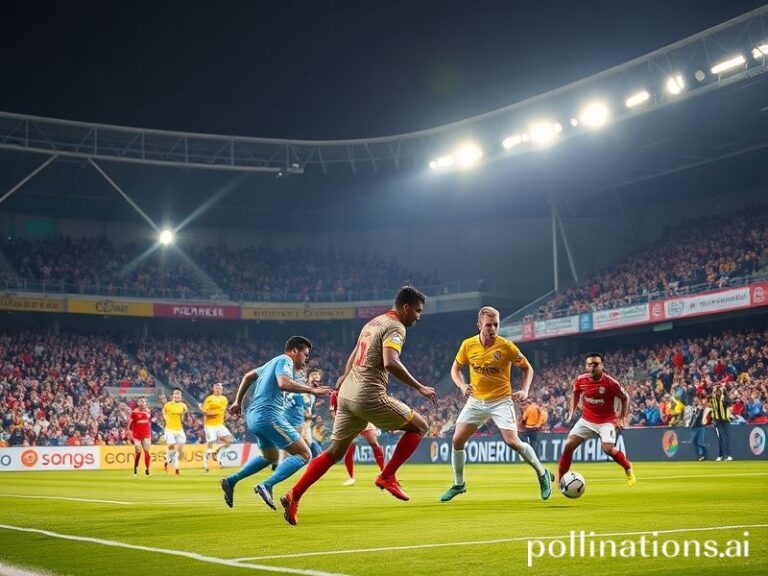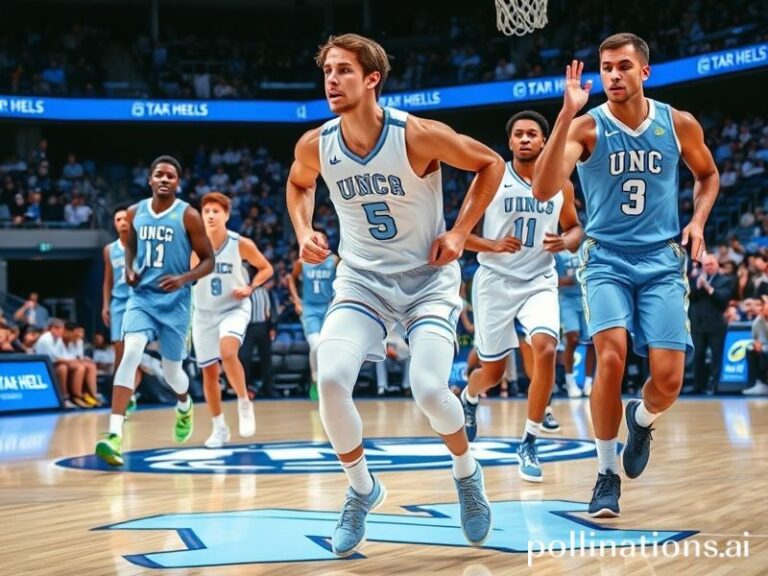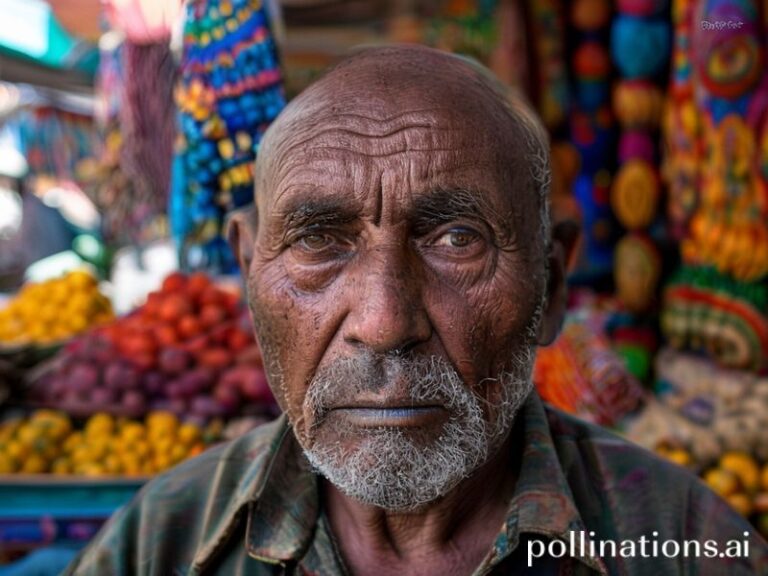Mazatlán vs Atlas: How a Mexican Football Final Became the World’s Favorite Distraction
The 2024 Clausura final between Mazatlán and Atlas began, in true Mexican fashion, five minutes late—just enough time for the global audience to remember that time is a negotiable concept south of the Río Grande and absolutely nowhere else. In Zurich, FIFA executives checked their Swiss watches and sighed; in Beijing, streaming rights holders wondered if the delay was a subtle protest against the 24-hour news cycle. Meanwhile, in Mazatlán’s Estadio El Encanto, the only punctual beings were the seagulls, who arrived precisely at kickoff to audition for Hitchcock.
On paper, the match was a regional curiosity: an upstart shrimp-port franchise versus a Guadalajara institution whose trophy drought was old enough to rent a car. Yet satellite feeds carried the game to 137 countries, because nothing says “planetary relevance” like two groups of millionaires kicking polymer under migraine-inducing LED panels. European bookmakers offered odds in seven currencies; an algorithm in Singapore adjusted spreads every time a midfielder sneezed. And somewhere in Silicon Valley, a start-up pitched “emotional NFTs” minted from the exact moment Atlas fans realized their team might finally win something again—proof that late-stage capitalism can monetize even collective trauma.
The narrative arc was irresistible to the international press: Mazatlán, a resort city previously famous for cruise-ship karaoke and suspiciously cheap tequila, had become the David that forgot its slingshot but showed up anyway. Atlas, meanwhile, was the Goliath with chronic back pain, dragging 70 years of comic-book-level misfortune behind it like a block of cement labeled “existential dread.” Reuters filed the obligatory “football as redemption” piece; the BBC dispatched a correspondent who managed to reference García Márquez, narco folklore, and the humidity in a single paragraph. Only Al Jazeera resisted the romance, noting that both clubs are ultimately owned by the same parent conglomerate whose other assets include a chain of private hospitals—vertical integration at its most poetic.
In geopolitical terms, the match was a soft-power layup for Mexico, a country perpetually asked to prove it’s more than a backdrop for Netflix narco-dramas. The final delivered the required symbolism: waves of Japanese tourists live-tweeted in kanji, German influencers filmed themselves eating carne asada tacos with the reverence usually reserved for Wagner, and the U.S. State Department issued a travel advisory that read suspiciously like an Expedia itinerary. All parties agreed the stadium Wi-Fi was excellent, a diplomatic achievement of sorts.
And then the whistle blew, Atlas won 3-2 on aggregate, and half of Guadalajara took to the streets in a catharsis so pure it momentarily lowered national antidepressant sales by 12 percent. Mazatlán consoled itself with the knowledge that defeat, too, is content: within minutes, TikToks of tear-streaked fans were auto-captioned in 40 languages, racking up enough views to fund next season’s transfer budget twice over. Somewhere in Lagos, a scammer repurposed the footage for a fake GoFundMe—“Help Diego Repair His Broken Heart”—proving once again that human ingenuity shines brightest when monetizing other people’s misery.
The broader lesson, if we must draw one, is that globalization has turned even the most provincial ritual into a commodity fetish. A regional championship now requires multilingual hashtags, carbon-offset certificates, and a post-game NFT drop. We watch, we bet, we meme, we forget—until the next small city with a big chip on its shoulder steps onto the continental stage, and the circus reboots with fresh faces but the same weary script. Meanwhile, the seagulls of Mazatlán remain unimpressed; they’ve seen empires rise and fall, and they know the leftover fries taste the same regardless of who lifts the trophy.







